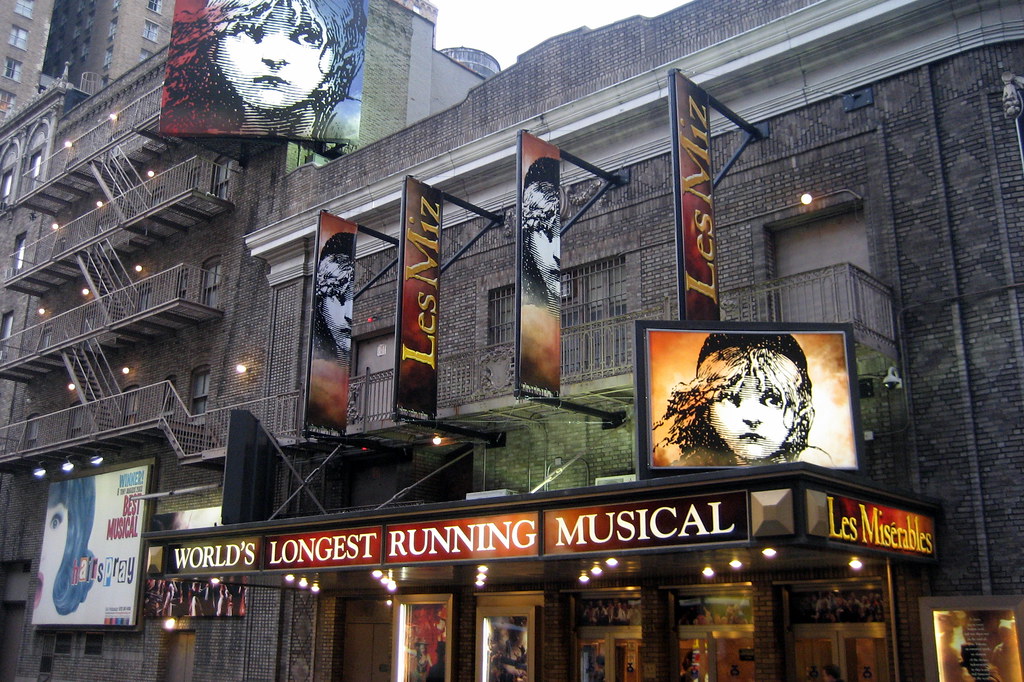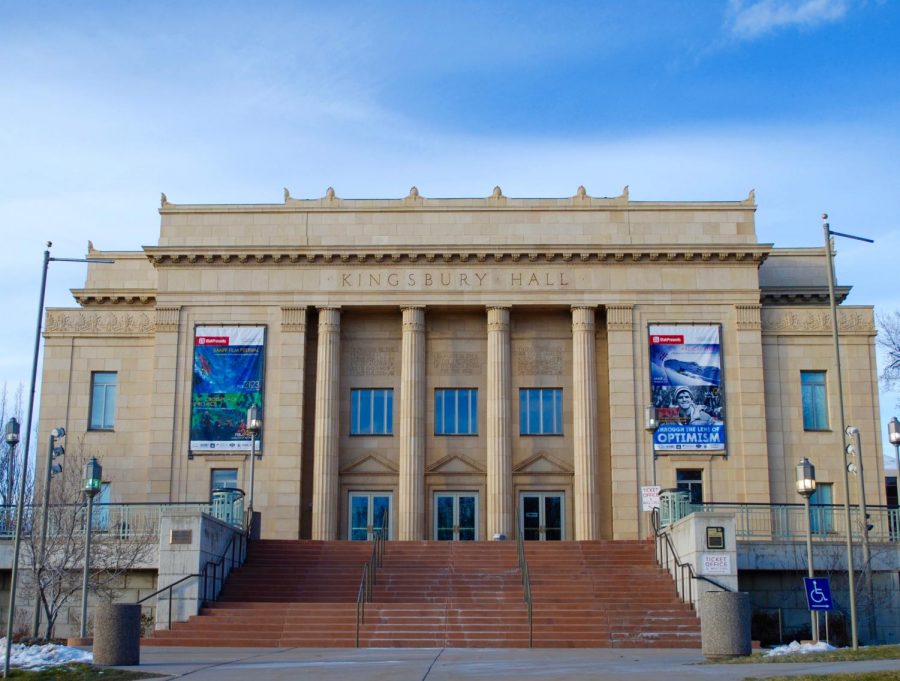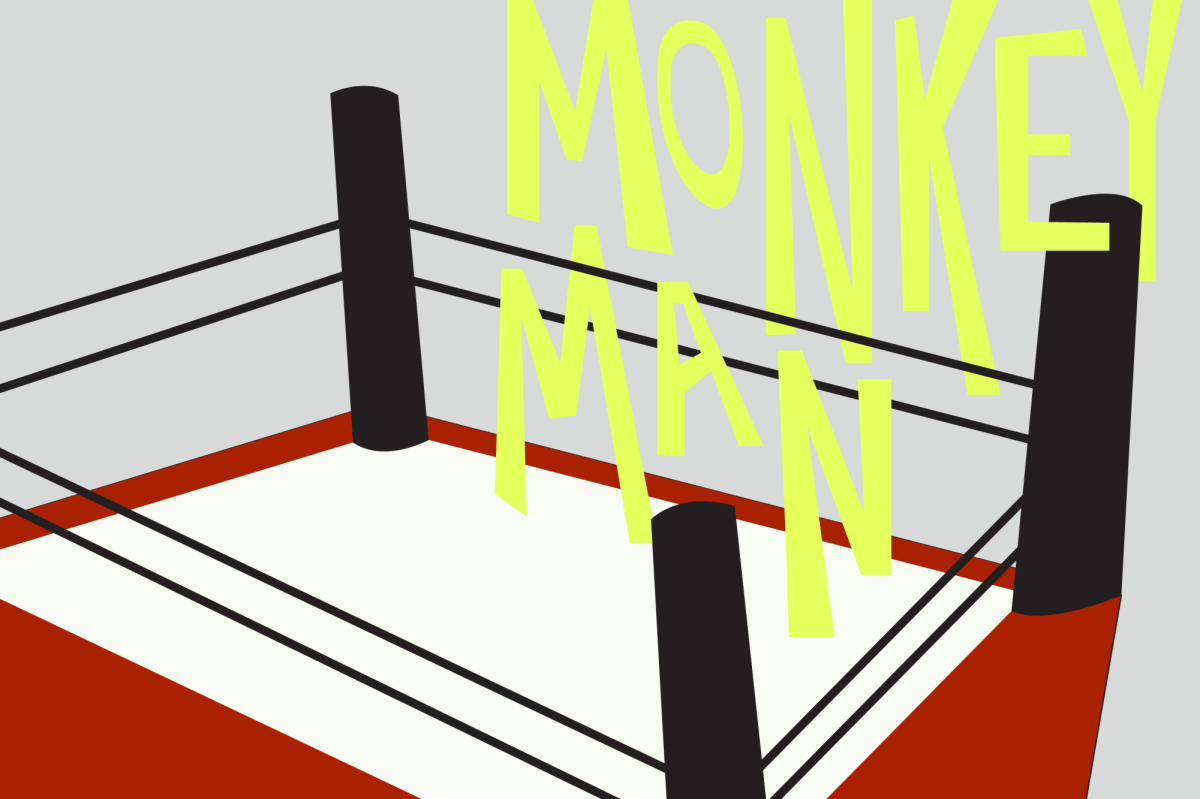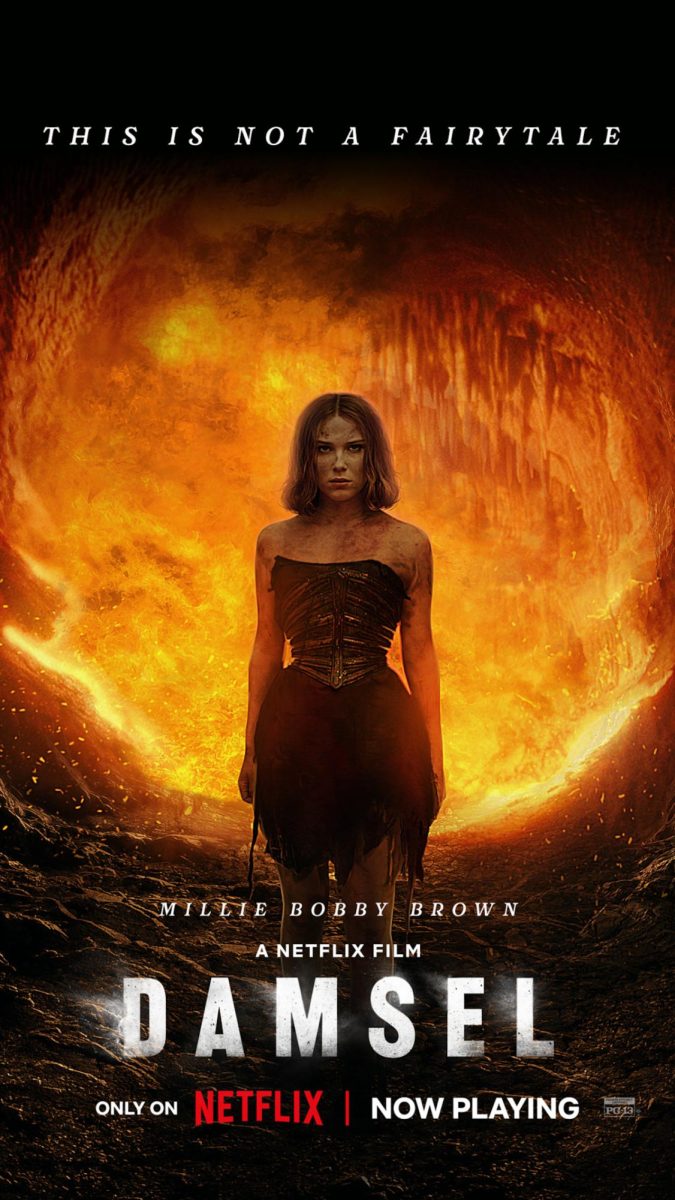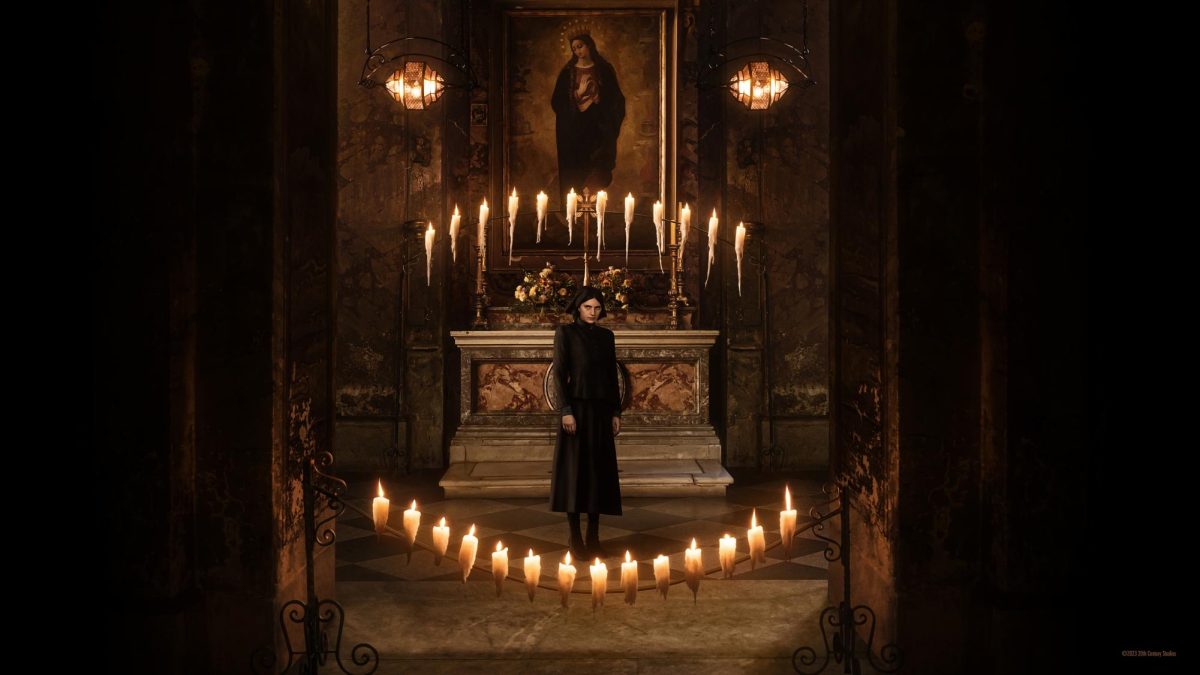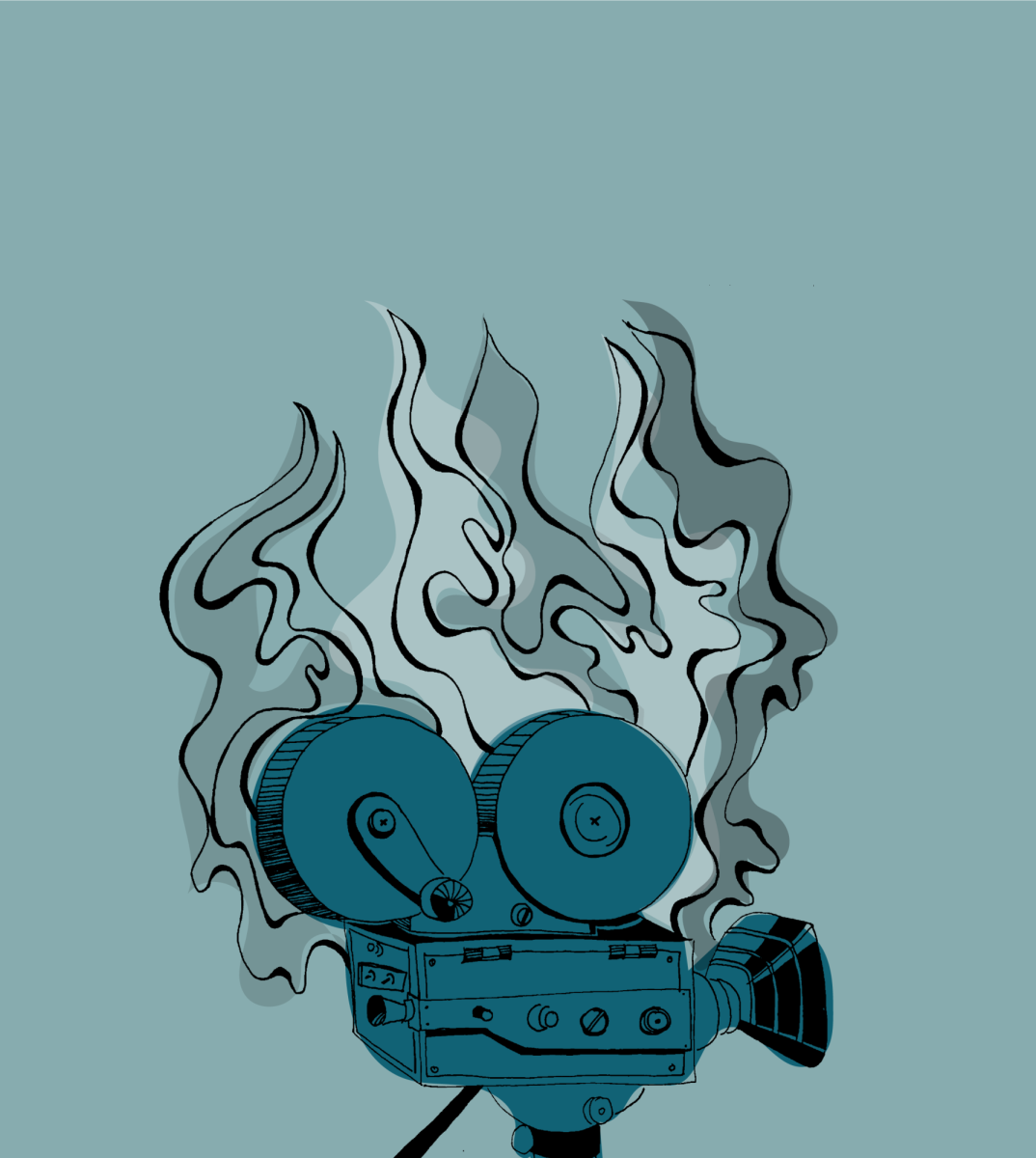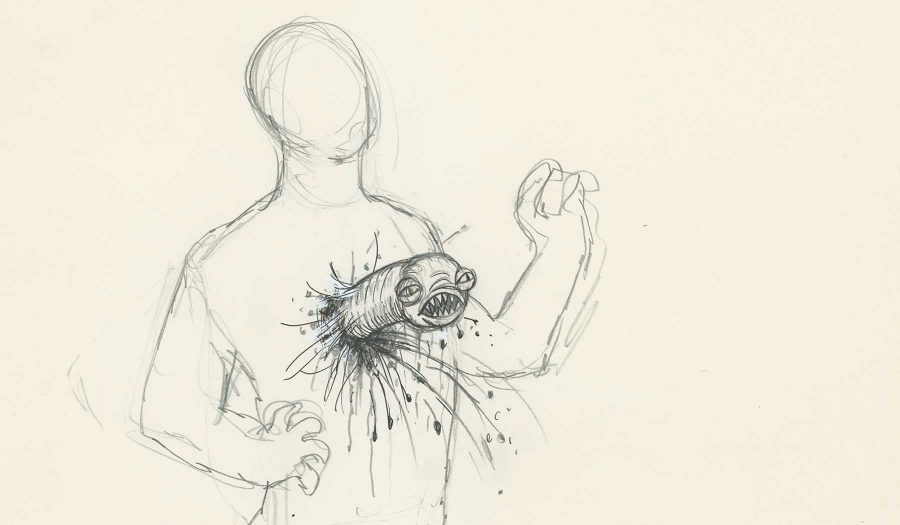Director Alexandre O. Philippe’s documentary “Memory: The Origins of Alien” takes the viewer to unexpected and sometimes disturbing places in his quest to parse out the origins of the iconic chest-burster scene in the science fiction epic “Alien.”
The documentary opens in perhaps the most surprising of locations: the Temple of Apollo in Greece. While strange at first, the opening makes sense as the documentary delves into the long history of myths and storytelling, recalling the words of T. S. Elliot: “Good authors borrow, great authors steal.” At the film’s premiere at the 2019 Sundance Film Festival, Philippe described the film as an exploration of the “collective conscience” as much as it is about the chest-burster. What started as an analysis of one particular scene turned into an ambitious examination of the true origins of “Alien.”
The title of “Memory” is a call back to an early script of the same name written by science fiction legend Dan O’Bannon. This early script essentially detailed the first 30 pages of the “Alien” script. “Memory,” as a title, also calls upon the idea of the “collective conscious.” All stories are a memory of stories already written — the works of H. P. Lovecraft influenced O’Bannon. Lovecraft was in turn influenced by mythology, pulling ideas from Greek stories, which are then reflected back again in “Alien.” The signal calling out to the Nostromo is a siren. The alien is a fury.

Diane O’Bannon, Dan O’Bannon’s wife, played a pivotal role in the creation of the film. Without her insights into her late husband’s mind or her vast collection of drawings and notes, the documentary wouldn’t be the insightful compilation it is today. O’Bannon’s wife shares a wealth of information about her husband’s own history, even discussing how O’Bannon, who died from complications of Crohn’s Disease, drew inspiration for the chest-burster from his own digestion.
While the story for “Alien” came from O’Bannon, the film only became a masterpiece because of the creativity and dedication of an entire team of people. Artist H.R. Giger is credited with the creation of the actual alien and “Memory: The Origins of Alien” takes a thorough look at the artists who influenced the visual design of the alien.
The deep dive into relevant history and pop culture is where this documentary shines. The creative editing and graphics are also notable. The “Alien” theme is infused into every element, with old interviews often shown as though displayed on screens aboard the Nostromo. Comic books and graphic novels play an integral role and pages are shown pulled apart into layers, almost like a diorama.
Where the documentary dulls is in the list of talking heads recruited to provide insight into the film. There are no exciting new interviews with “Alien” director Ridley Scott or from our heroine Sigourney Weaver. In addition to O’Bannon’s wife, the film relies on members of the media, pop culture experts and lesser-known names from the film crew. Scott and Weaver sadly only appear in archival footage. While their absences may be understandable, it’s certainly still disappointing.
While “Memory: The Origins of Alien” doesn’t do anything particularly innovative in format, (it still relies on voice-overs and cutaways to talking heads), it isn’t fair to simply say it is a behind-the-scenes look of another work. The research and analysis of history and pop culture are impressive, pushing the documentary closer to being a video essay, focusing on interpretation rather than mere documentation. For any fan of “Alien,” Philippe’s “Memory: The Origins of Alien” is a satisfying dissection of the film’s origin story.







